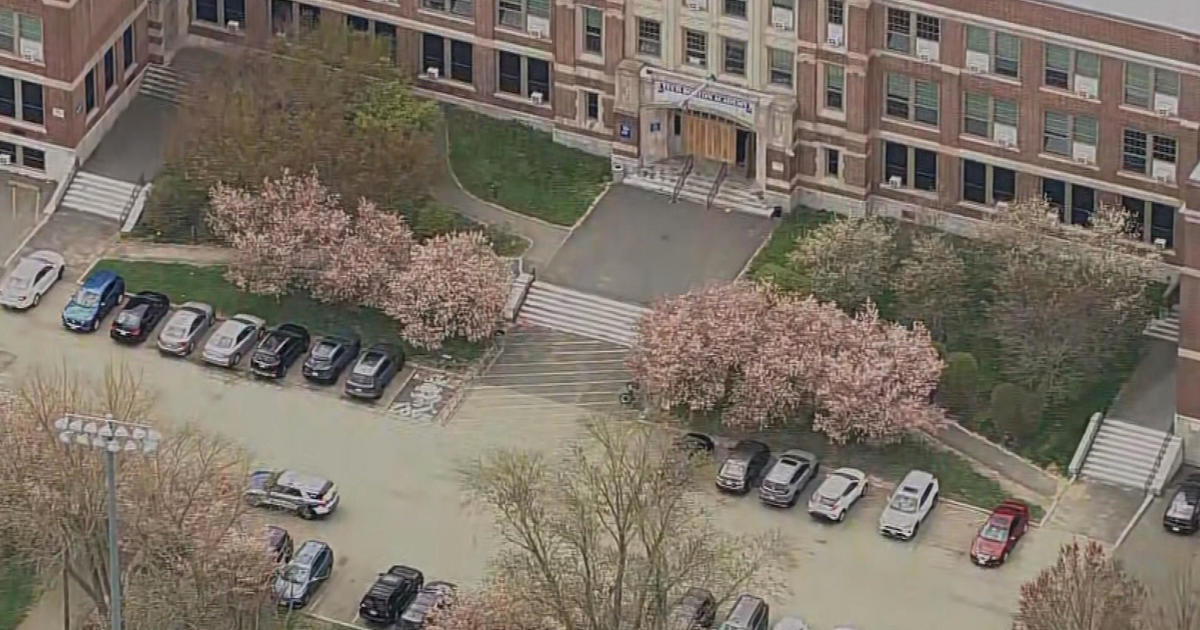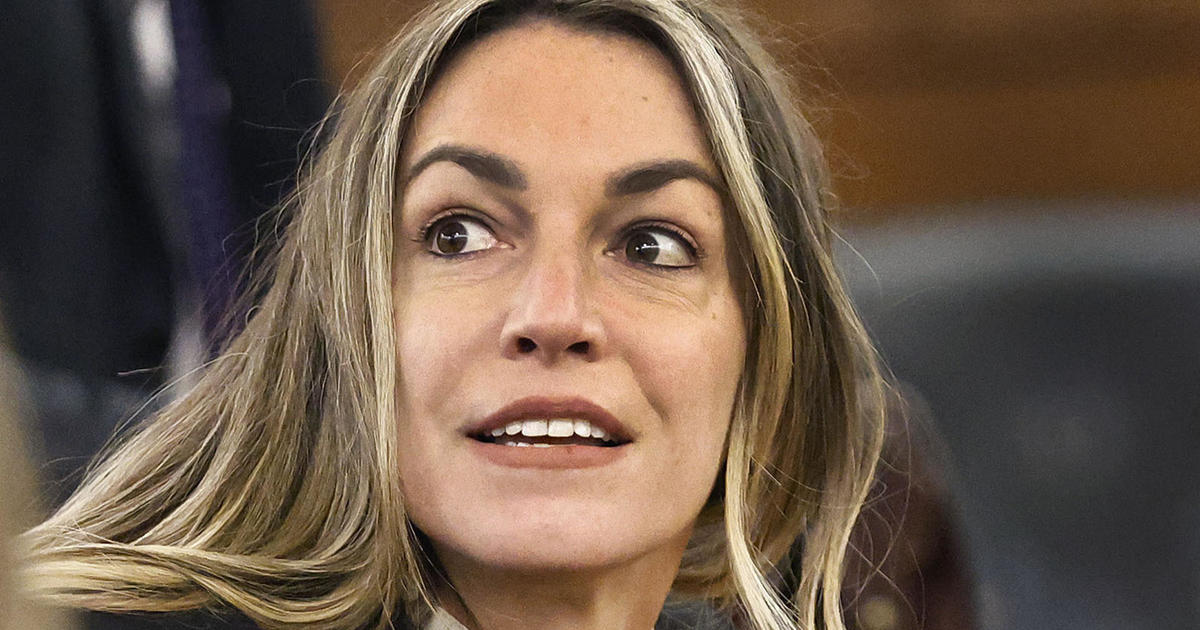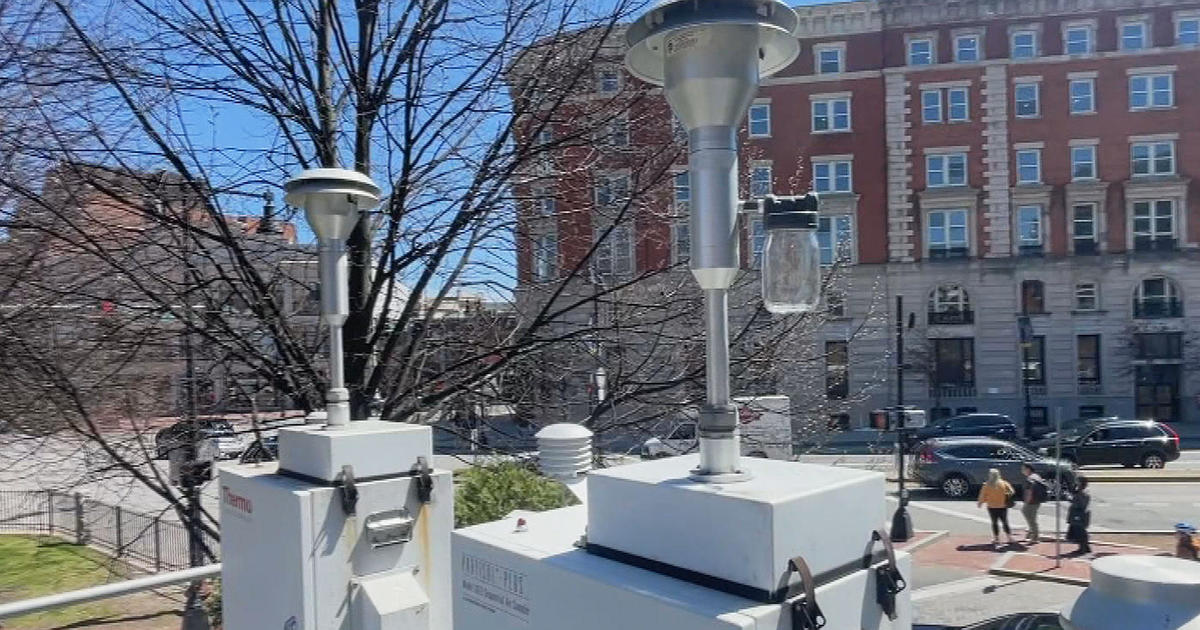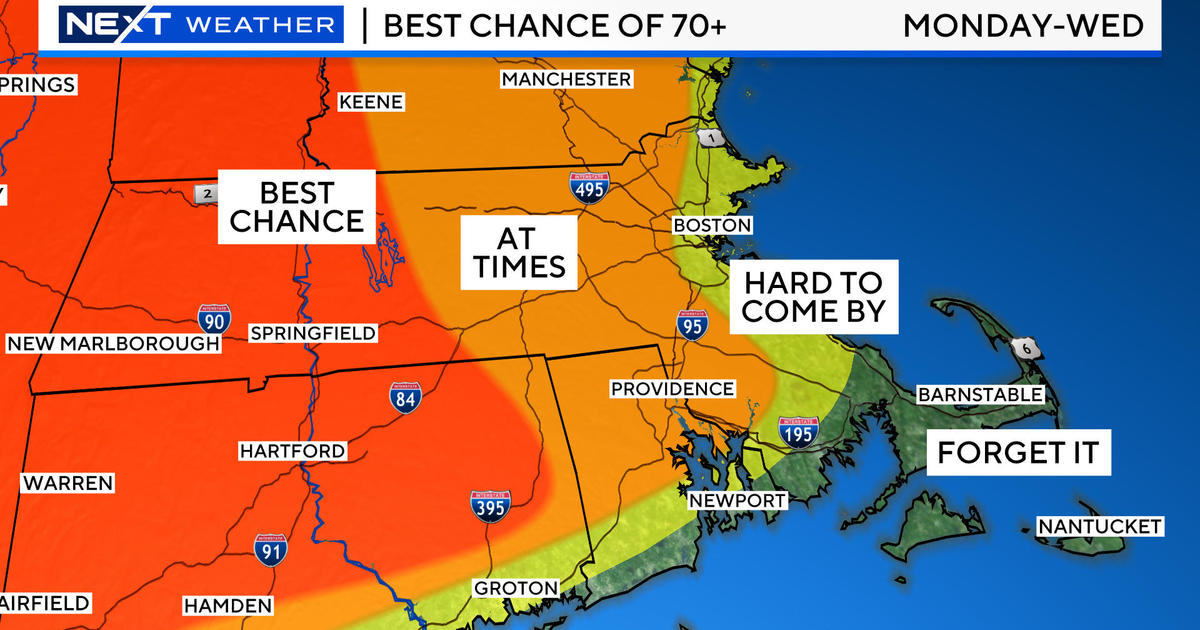How Accurate Are Rapid Home COVID-19 Tests? Dr. Mallika Marshall Answers Common Questions
BOSTON (CBS) - There may soon be easier access to rapid home COVID-19 tests that could provide some peace of mind. Last week, the Biden administration announced a $1 billion investment towards buying the tests to put on the market.
First of all, how does a rapid home test work?
You can buy them at major drug stores in person or online for between $7 and $12 a test, though they often come in sets of two. And they work much like a home pregnancy test, except, in this case, you swab both nostrils, add some drops, and then use a test strip. After 10-15 minutes you look for the presence of one or two lines to indicate whether it's positive or negative. The tests look specifically for pieces or fragments of the coronavirus in your nose.
How accurate are they?
No test like this is 100% accurate but they can detect up to 98% of cases where the person is infected. There was one brand that was just recalled because the test was producing too many false positives, but the ones commonly used right now are pretty accurate.
But there are situations in which you could test negative but still be infected, right?
Yes, these tests only reflect whether you're likely to be infectious that day. If you've been exposed but test on day one or day two, when the amount of virus in your nose is still low, you may test negative. The test isn't wrong. You just didn't have enough virus present for detection. But it also means that you're less likely to be infectious and a risk to someone else.
If you've been exposed then, when is the best time to test?
You really should test three to five days after you've been in close contact with someone who infected and then test again two to three days later.
Can you give some examples of when a rapid home test might be most useful?
You have a young child with a runny nose and a cough who is too young be vaccinated.
You're going to visit family or friends and want to have a meal indoors without masks.
You're visiting a vulnerable relative and want to be extra careful even though you plan on wearing a mask and social distancing.
When should you follow up with a PCR test?
A PCR test is the gold standard for coronavirus testing, but it can take 24-48 hours to get the results. So if you test negative or positive on a rapid test and want to confirm the result, you should go get a PCR test.
Can people just rely on frequent testing and avoid getting vaccinated against COVID-19?
Absolutely not. This is not a substitute. The best way to protect yourself and your family and friends from COVID is to get vaccinated. But these tests can provide an added layer of protection and can help reassure you, even if you're vaccinated, that you're not likely to put people at risk - at least for that day. Think of it as a one-day pass.
Dr. Mallika is offering her best advice, but as always, consult your personal doctor before making any decisions about your personal health.
If you have a question, email her or message her on Facebook or Twitter.



